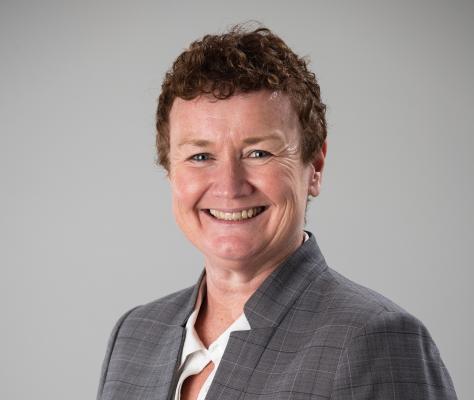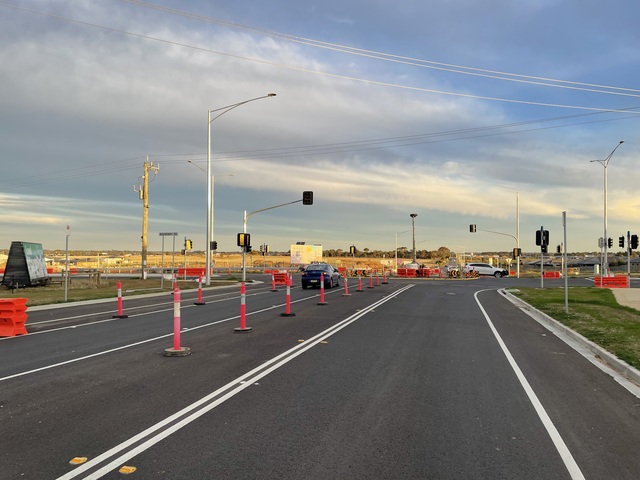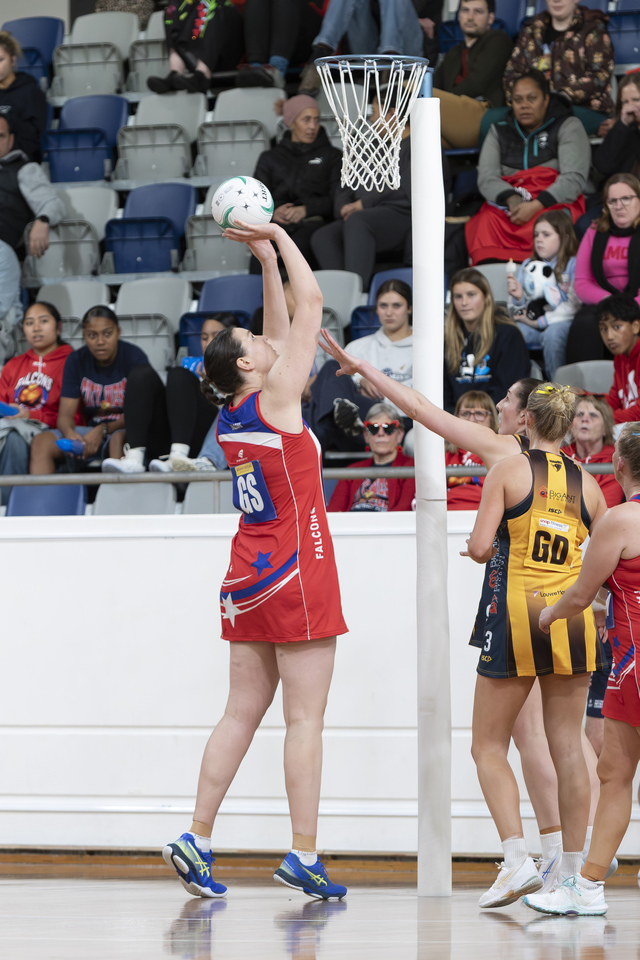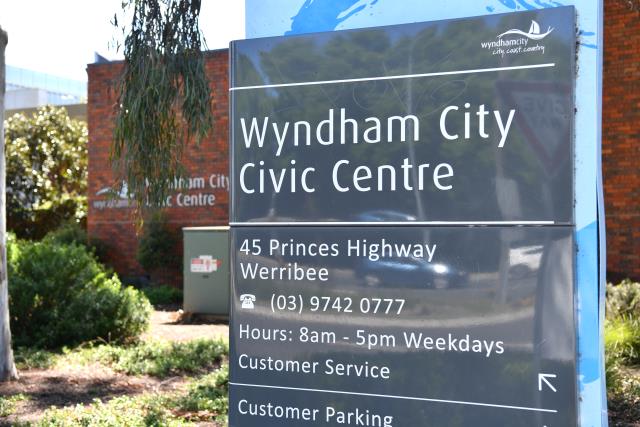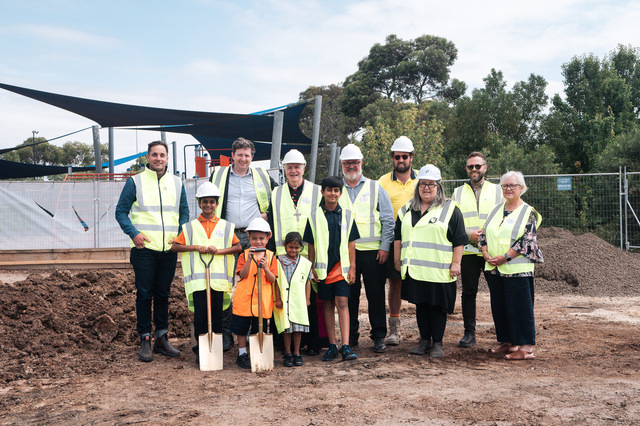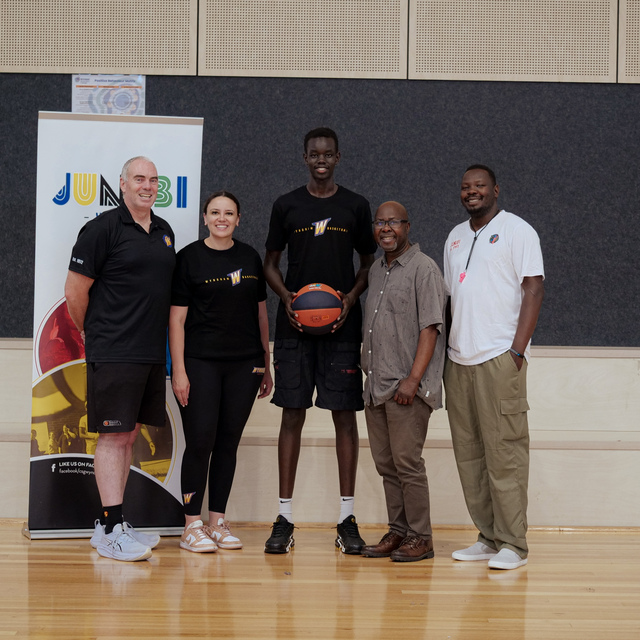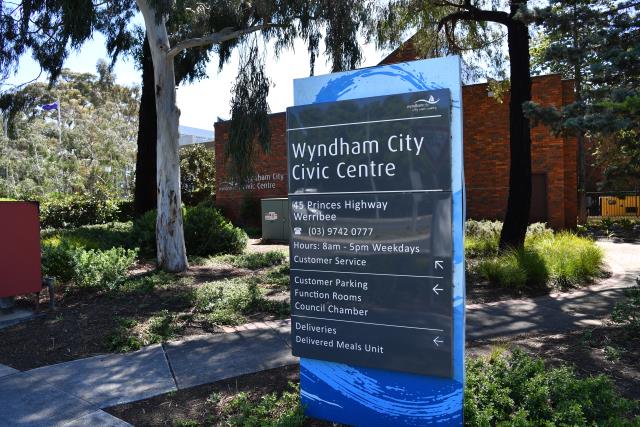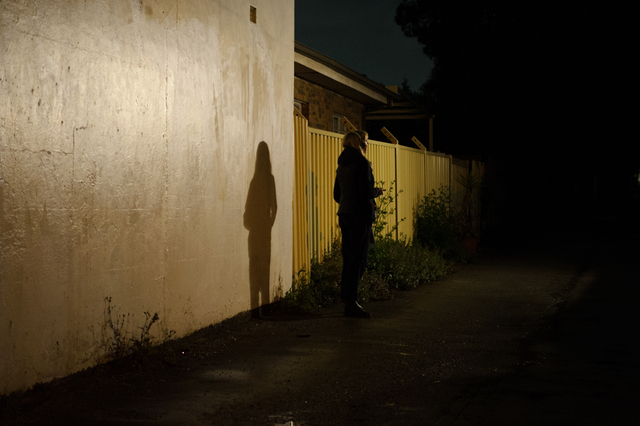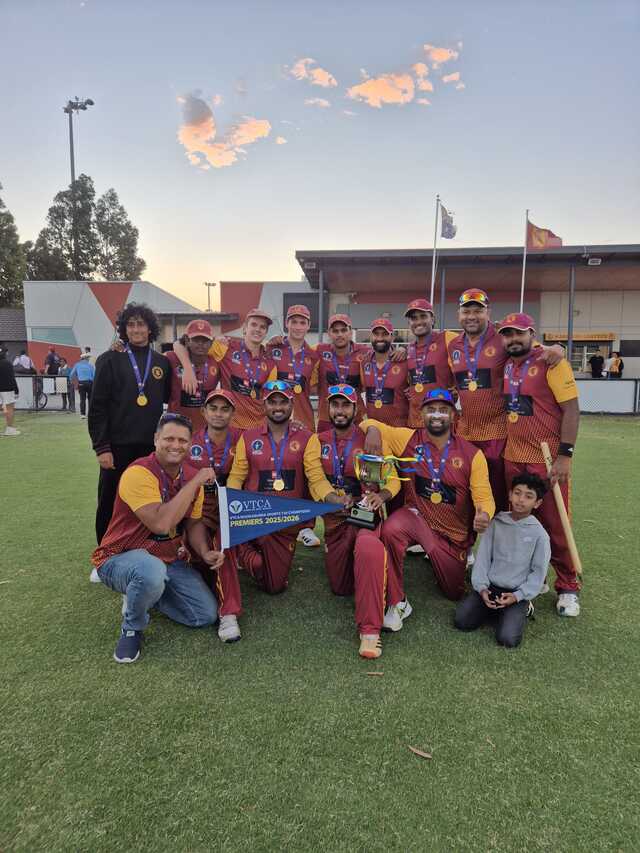AMES Australia chief executive Catherine Scarth was recognised at the Victorian Training Awards last week, receiving the Lynne Kosky Memorial Award for Lifetime Achievement. She talks with Alesha Capone.
How did you feel to be announced as the recipient of the Lynne Kosky Memorial Award for Lifetime Achievement?
I was totally shocked and hugely honoured to receive the award. The award was a recognition of the commitment and professionalism of everyone at AMES. It celebrates our world-class programs which everyone at AMES has a hand in delivering.
Did you ever meet Ms Kosky?
Not at AMES but before AMES, at The Brotherhood of St Laurence (BSL), when she was minister for education, she was a great supporter of our programs to assist young people at risk of leaving school early.
You’ve have been at AMES for more than 13 years?
I joined AMES in 2008 in a new role leading our community programs and developing a research and policy capacity, which now does amazing work documenting what works and providing evidence-based policy advice to government and others. Before AMES I worked at the BSL in a number of roles, developing social enterprises and running community and education programs.
What do you enjoy most about your work with AMES?
I enjoy meeting people who have come from different parts of the globe and who bring interesting perspectives, cultures and stories. I also enjoy the idea that we at AMES are supporting people to build new lives in Australia – some who are fleeing conflict or persecution but who nevertheless have amazingly positive outlooks on life. As these people establish themselves and start to make contributions to society in all sorts of ways our work is helping to build a modern, diverse but cohesive Australia. We do support people who have been through difficult times but I never cease to be amazed and inspired by their resilience and their determination to build new lives in Australia for themselves and their children.
Working at AMES, are you often in the northern and western suburbs?
I spend a lot of time in Melbourne’s west and north at our sites and other places. It is where a large proportion of our refugee and migrant clients eventually settle – joining already established vibrant communities. We’ve had some amazing experiences with migrants and refugees settling Melbourne’s west. One that springs to mind is the project in the gardens at Werribee Park – a partnership with Parks Victoria which has recently seen refugee volunteers, and other community groups, volunteer to produce fresh food for vulnerable families during lockdowns.
Given how multicultural the western suburbs are, do you think migration programs will be vital to ensure Australia’s economic recovery from COVID?
The west of Melbourne, and particularly Wyndham, is one of the fastest-growing regions in Australia; and one of the most diverse. Migrants and refugees are attracted by existing communities, jobs and the availability of housing. We can see that increased migration will be an important part of Australia’s economic recovery from the COVID pandemic, so places like the west and north will be really important in this process.
What is AMES is working on or towards at the moment?
We are currently supporting a large number of Afghan refugees who were part of the airlift out of Kabul in August. Many arrived with just a passport and the clothes they were wearing, so we have been supporting them initially with accommodation, clothing and basic necessities. As they find their feet, this work will transition to support in finding educational and employment pathways as well as connecting them with local communities and the broader society. Many of the Afghans will also end up settling in the west and north of Melbourne.
Details: see https://www.ames.net.au/about/make-a-donation

